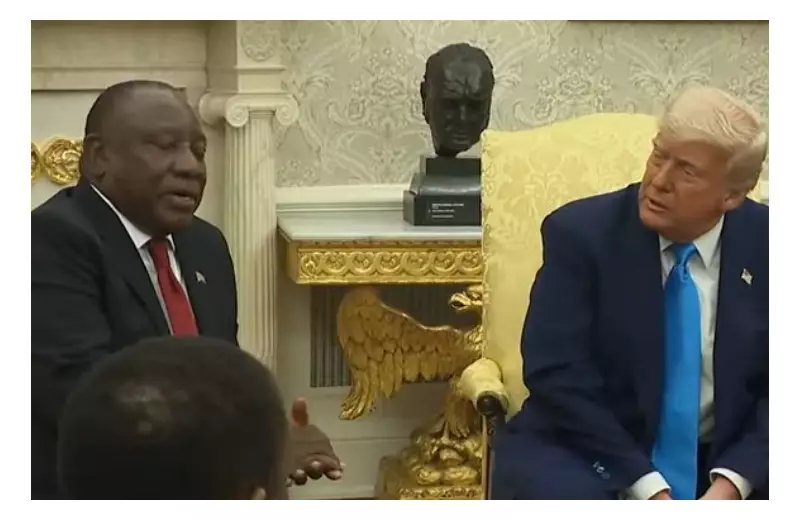
The South African government has launched a strong rebuke against the United States over a controversial proposal that would grant refugee status to white Afrikaners, labeling the plan as "deeply offensive" and based on misinformation.
In an official statement released by the Department of International Relations and Cooperation, South Africa expressed "grave concern" about the proposed legislation currently being considered by US lawmakers. The government emphasized that the plan fundamentally misrepresents the reality of race relations in post-apartheid South Africa.
Diplomatic Tensions Escalate
The proposed US legislation, which seeks to classify white Afrikaners as a persecuted group deserving of refugee protection, has sparked significant diplomatic friction between the two nations. South African officials have questioned the motives behind the proposal and the evidence used to support such claims.
"This proposal is not only offensive but demonstrates a complete misunderstanding of our country's complex history and current social dynamics," a government spokesperson stated during a press briefing in Pretoria.
Historical Context and Current Realities
South African authorities highlighted that while the country continues to grapple with the legacy of apartheid, the suggestion that white South Africans face systematic persecution is factually incorrect. The government pointed to constitutional protections and legal frameworks that safeguard all citizens regardless of race.
The response from Pretoria comes amid growing concerns about foreign interference in South Africa's internal affairs and the perpetuation of narratives that could undermine national unity and reconciliation efforts.
International Implications
This diplomatic clash raises important questions about how Western nations perceive and engage with African countries on human rights issues. South Africa's firm stance signals a growing assertiveness in challenging what it views as paternalistic and misinformed foreign policies.
The controversy also highlights ongoing debates about the definition of persecution and the appropriate use of refugee status in international law, particularly when dealing with historically privileged groups in post-colonial contexts.
As the diplomatic exchange continues, observers are watching closely to see how this dispute might affect broader US-South Africa relations, including trade partnerships and cooperation on regional security matters.





